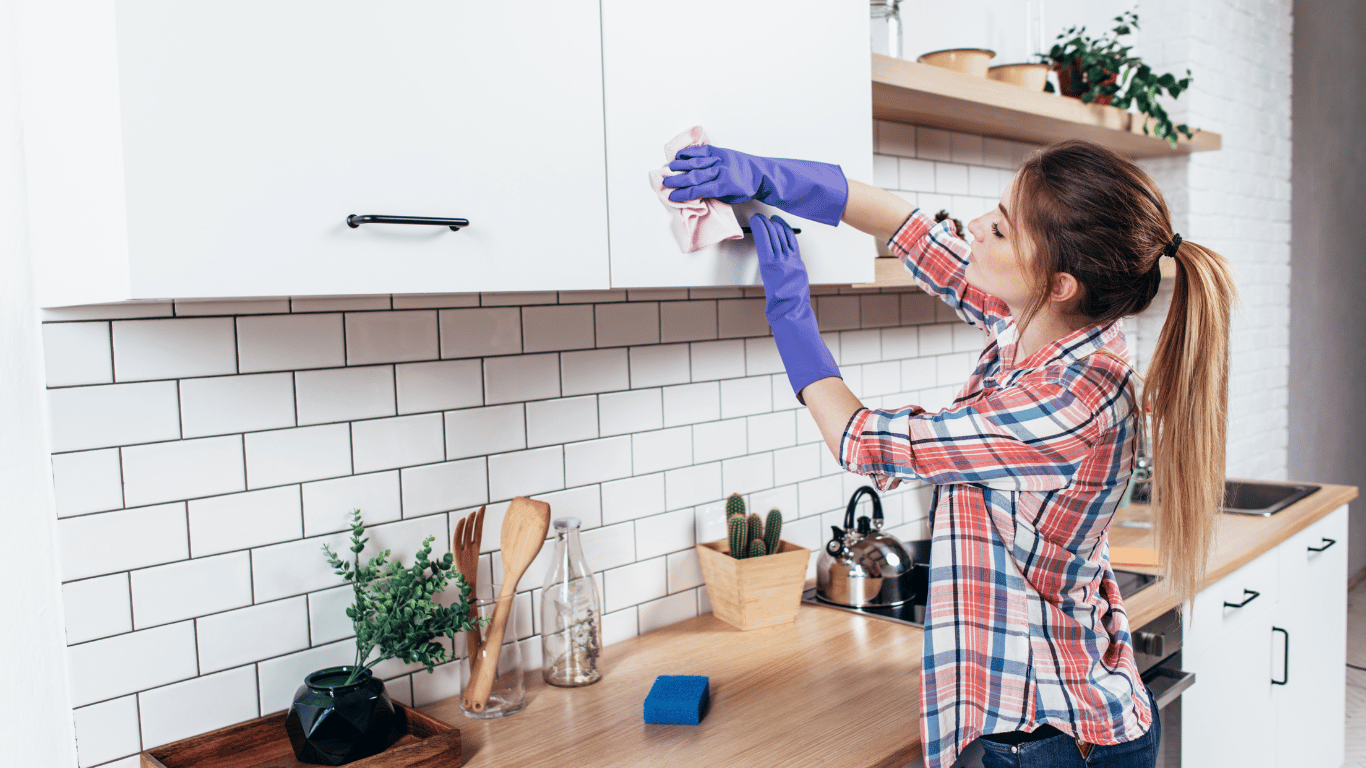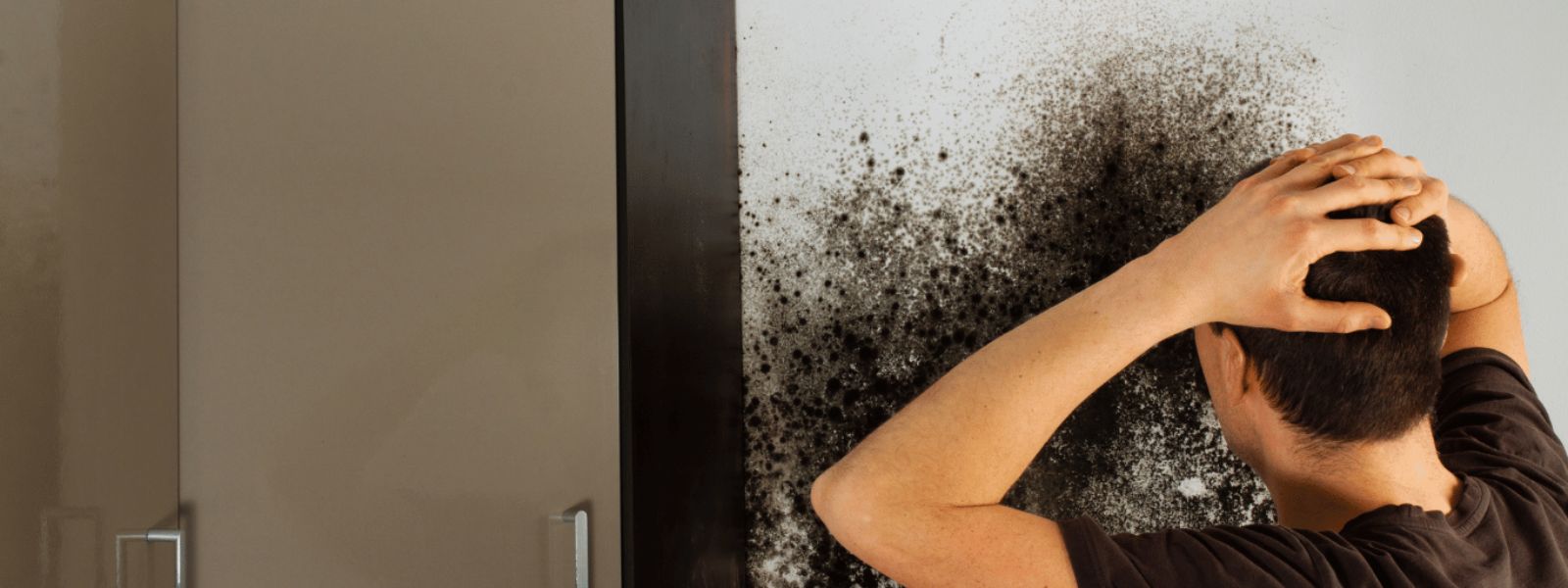Stainless Steel Requirements in Commercial Kitchens
link desc

The first and most important element of a comprehensive cabinet maintenance routine is a consistent cleaning routine. Regular light cleanings, along with occasional deep cleanings, will go a long way towards keeping the materials free from filth and looking spectacular.
With that said, there are a few general guidelines that you should follow to ensure you clean your cabinets correctly. It's typically best to use a soft cloth that is either dry or lightly dampened with warm water to wipe away any grit, grime, or grease that has accumulated in your cabinets since you last cleaned them.
At times, wiping your cabinets with a soft cloth won't be enough to remove stubborn spots and stains. In those scenarios, it's best practice to scrub the stain with a paste-like mixture of water and baking soda.
Regular cleanings can take place about once per week or once every other week. However, it is also necessary to occasionally perform deeper cleanings that involve emptying your cabinets entirely so that you can thoroughly clean every interior surface.
After developing a cabinet cleaning routine, the next most important maintenance objective is to keep your cabinets as dry as possible. While we mentioned wiping your cabinets with a damp cloth, that is the extent to which you should get your cabinets wet.
Try to avoid storing wet dishes in your cabinets and clean up any spills as soon as they occur. The reason why keeping your cabinets dry is so important is that excessive moisture can become a breeding ground for mold, which can spread throughout your entire kitchen and become a costly problem. Thankfully, monitoring the moisture that builds up in your cabinets allows you the chance to intervene before mold becomes a serious problem.
This next cabinet maintenance tip is closely related to the previous one. Interestingly, even if you manage to clean up spills and avoid placing wet dishes in your cabinets, there remain ways for excessive moisture to build up.
If your home tends to have a high level of humidity, this will likely lead to moisture accumulations in your cabinets. As was true regarding moisture from other sources, moisture in the air can eventually lead to mold problems in your cabinets, which may spread to the rest of your house.
Preventing the damage humidity can cause begins with monitoring the level of air moisture in your home. Different regions of the country are more likely to be humid than others, and some homes may experience more humidity during certain seasons.

If you find that you have a relatively high amount of humidity in your home, you should take action as soon as possible to avoid damage to your cabinets or other parts of your home. Often, running a dehumidifier is an excellent way to begin reducing the moisture in the air and may also be enough to maintain the integrity of your cabinet.
While keeping your cabinets clean is a must, there are also plenty of ways that you can clean your cabinets incorrectly. One of the most common mistakes people make when caring for their cabinets is applying a cleaning solution that is too harsh.
Specifically, cleaning solutions that contain bleach, ammonia, and similar chemicals all have the potential to damage your cabinets. Similarly, many waxes can deteriorate the finish of your cabinets as well.
Since there are so many cleaning products that are capable of harming a cabinet's finish, it is best to keep your cleaning routine simple. As we mentioned previously, a soft cloth and a small amount of water should be your go-to cleaning tools.
Our final cabinet maintenance guideline is to always use your cabinets wisely. Misusing cabinets can involve storing items that are simply too heavy for your cabinets to support, as well as causing unnecessary damage in the form of scratches, dings, and bangs. Additionally, you should avoid placing any appliances that generate heat on or too close to your cabinets, as this is likely to cause damage as well.
Recognize that your cabinets are not only an incredibly convenient storage system but also a result of careful design and craftsmanship. Keeping that in mind will help you treat and use your cabinets in a sensible way that will help them last as long as possible.
The main reason why cabinet maintenance is important is that it will allow your cabinets to look fantastic and last for a long time. In addition, regular cabinet maintenance makes it less likely that any part of your cabinets will break and require repairs, which in turn saves you money. For those reasons and more, you should begin implementing the information in our cabinet maintenance guide today.